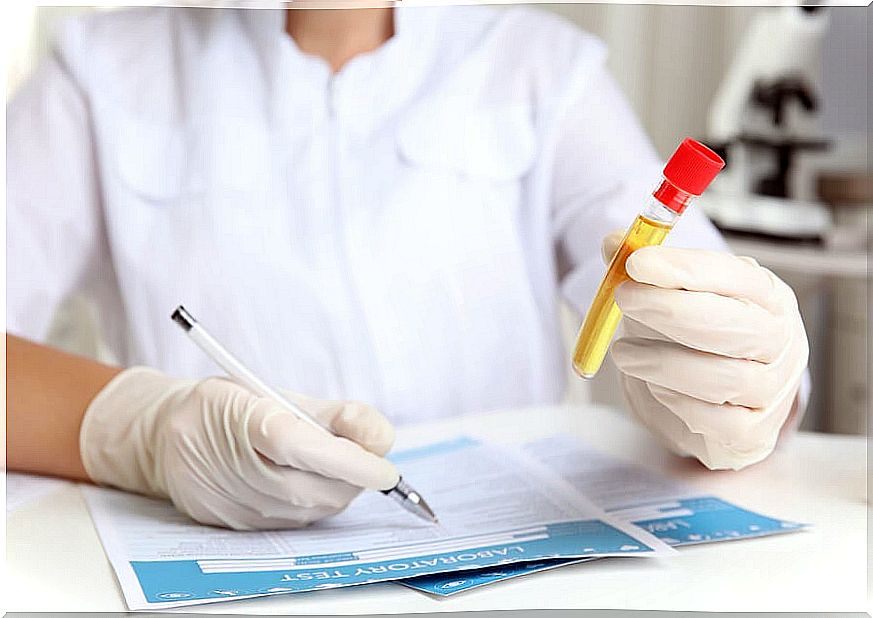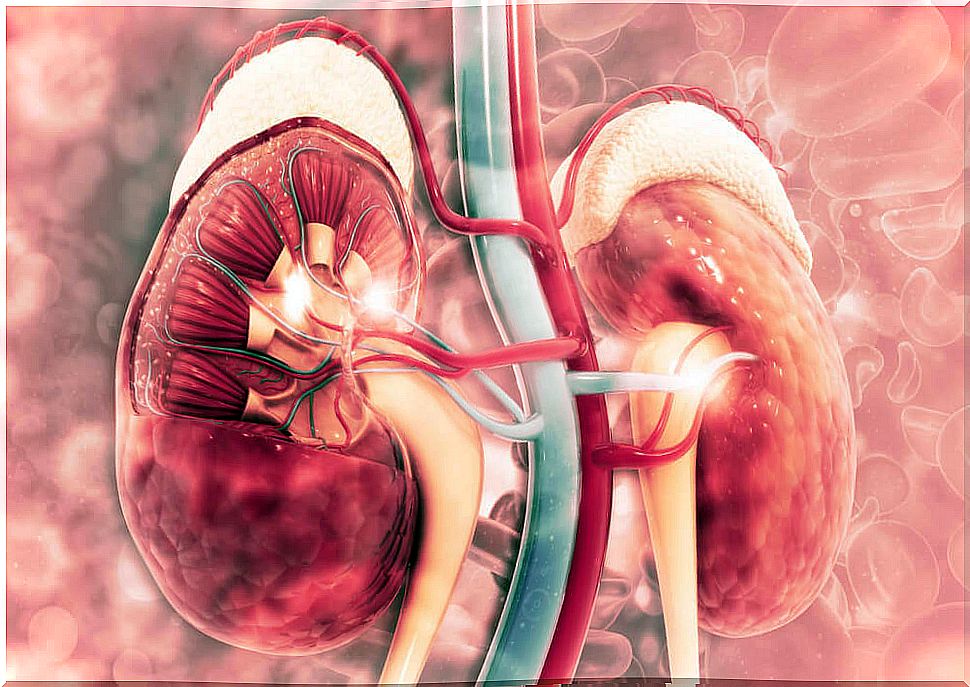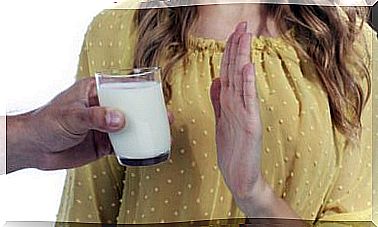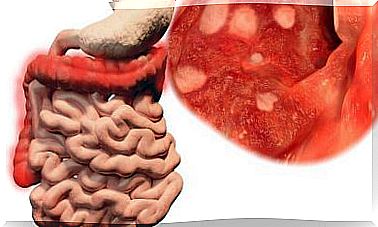Treatment Of Low Creatinine In Urine
Concluding a low urine creatinine is not common or immediate in the general population. Doctors measure these values more frequently among people who already have kidney disease.
Creatinine is a biochemical parameter, blood and urine, which is strongly linked to the kidneys. For nephrologists, it is one of the usual routine tests used in the follow-up of their patients.
This substance is actually a waste of muscle metabolism. When muscle fibers work, they generate creatinine as a product that must be eliminated. The route of elimination is through the kidneys and urine.
Thus, we can track creatinine in blood and urine to measure them. In the blood we find it as waste newly manufactured by the muscle, and in the urine we measure how much of this waste is being expelled to the outside.
Although it is common that only blood creatinine is measured in general consultations, when kidney disease is suspected it should be combined with a measurement in the urine. For this purpose, the most suitable method is creatinine clearance.
By comparing the levels of the substance in the blood and in the urine, we can detect specific abnormalities. If we have low creatinine in urine and high in blood, then we suspect kidney failure.
Creatinine clearance
This useful analysis to detect low urine creatinine has different names: clearance, clearance or clearance creatinine. All denominations identify the same methodology, whose objective is to report how much creatinine from the blood the kidneys are filtering.
To arrive at the result, blood and urine samples must be taken. Urine is collected for a full day, 24 hours, and delivered to the laboratory for analysis.
The biochemist runs the corresponding techniques and then applies a formula called the glomerular filtration rate. This rate, which is a mathematical formula, measures the filtering power of the kidneys at this time.
Values are generally expressed in millimeters per minute, and are considered normal:
- In men: 97 to 137 mL / min.
- For women: 88 to 128 mL / min.

Causes of low creatinine in urine
If, having carried out the corresponding tests, low creatinine levels are detected in the urine, then one may suspect:
- Kidney failure: it is a serious problem of the urinary system. It means that the kidneys cannot fulfill their basic function of filtering the blood and are accumulating toxic wastes in the blood. It requires immediate consultation with a nephrologist and the performance of other complementary methods.
- Loss of muscle mass: When creatinine is low in the urine and low in the blood, there may be a loss of muscle mass. As muscle metabolism decreases, creatinine concentrations decrease. This is common in elderly people and in those who go through periods of sudden wasting.
- Diet: a low intake of protein foods deprives the body of raw material for muscles. Therefore, muscle metabolism also decreases with the consequent drop in creatinine.
- Gestation: during pregnancy there are concurrent situations that alter the dynamics of the kidneys. By itself, it tends to decrease creatinine production physiologically. But it can also be a sign of seriousness from a complicated urinary tract infection or changes in blood pressure leading to preeclampsia or eclampsia.
- Autoimmune diseases: some autoimmune diseases attack the muscles and attack the kidneys. Myasthenia gravis, for example, and some muscular dystrophies as well. In general, other altered parameters are detected before the drop in creatinine.

Treatment for low creatinine in urine
The approach to a low creatinine in urine will depend exclusively on the cause. Treating kidney failure is not the same as a poor diet, and it is not the same if the patient is pregnant.
When faced with kidney failure, the priority is to consult a nephrologist. Some diseases that lead to kidney failure can be treated with medications and special care, while others inevitably lead to dialysis.
In the case of pregnant women, the risk is important. Obstetricians and gynecologists use medications allowed during pregnancy to treat kidney disorders. When the clinical picture is eclampsia, hospitalization is necessary to have a specific control of the parameters.
Finally, in situations where the diet is low in protein or there is a loss of muscle mass, nutritional measures can be evaluated. Nutritionists are able to put together meal plans to increase protein intake without overdoing it, as well as combine them with muscle toning exercises.
Remember that, although little suspected, low creatinine in urine should not be neglected. Professional follow-up of cases and respecting medical indications is needed to prevent serious complications.








